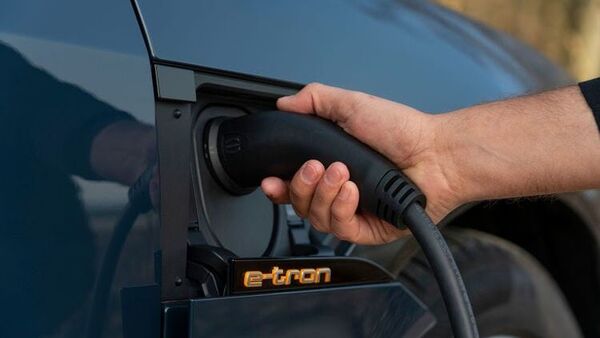Thinking to buy a used EV? Check calendar age not just model year: Details here
- EV batteries and electric motors age differently than conventional internal combustion engines.


With the increasing number of electric vehicles around the world, the number of used vehicles in the segment is bound to increase substantially over the next few years. However, buying or selling an electric vehicle is inherently different compared to internal combustion engine-powered vehicles. The primary reason behind this is the difference made by the battery pack of the EVs. Due to the fact that batteries and electric motors age differently than conventional internal combustion engines, an odometer is not a particularly accurate indicator of battery health.
Also Read : Tata Motors set to reveal its next EV on April 6: What we know so far
While purchasing a brand new or a used electric vehicle, the consumers should focus on the calendar age of the vehicle, instead of the model year. That gives a slight idea about the vehicle's valuation, battery health, expected range etc.
Also check these Vehicles
The high-voltage lithium-ion batteries that power electric vehicles naturally degrade with time and charging cycles. The charging pattern too impacts the battery health. Fast charging usually results in faster degradation for lithium-ion batteries.
The reason why a customer should focus on the calendar year rather than the model year includes the fact that an electric vehicle in the same model year can be produced up to 12 months apart. Also, anytime a battery is replaced after initial production for whatever reason, the calendar age of the vehicle resets.
In case an electric vehicle gets a new battery after the purchase, due to some recall program or specific warranty replacements or because of any other reason, the calendar age of the battery starts to diverge from the production date of the vehicle. In this case, the factors such as the electric vehicle's range, performance, and battery health get reset.








 11.6 kwh
11.6 kwh 344 km
344 km


















